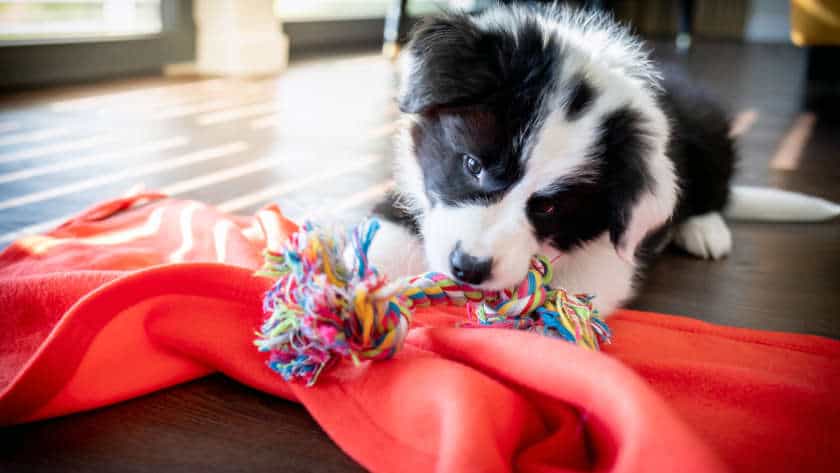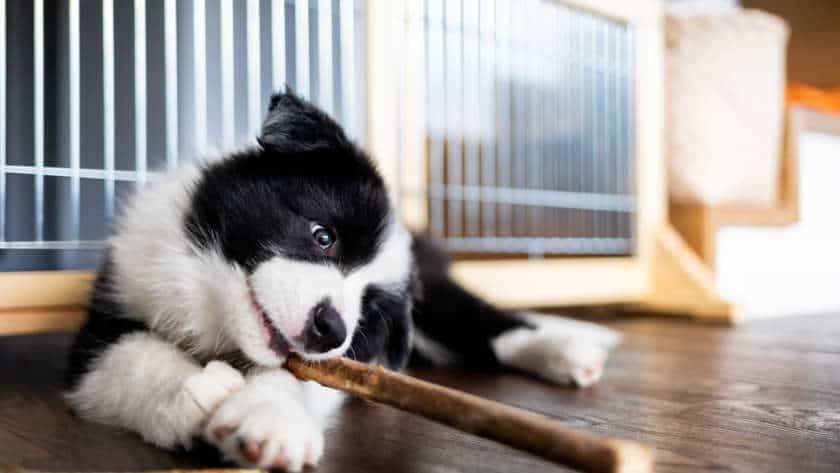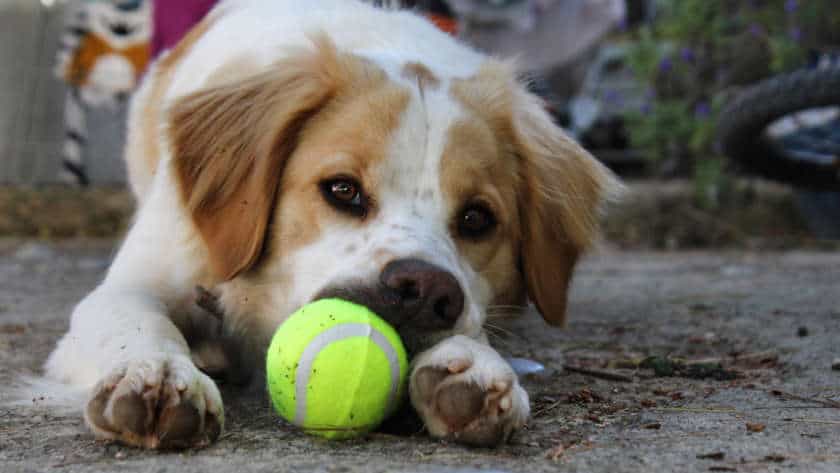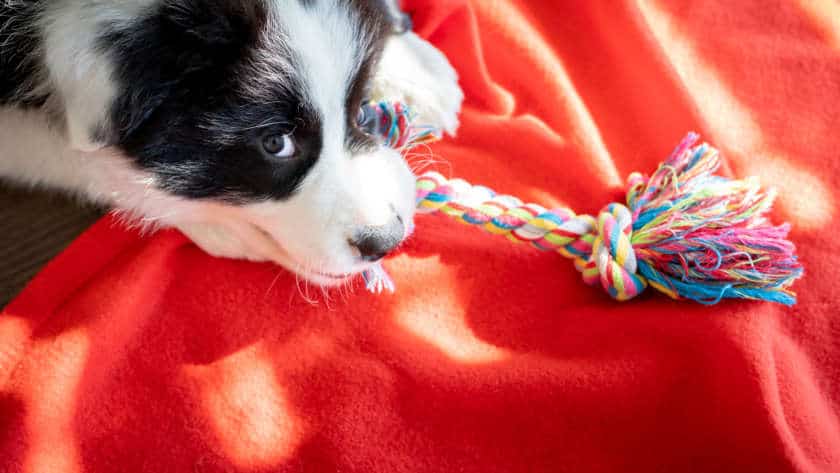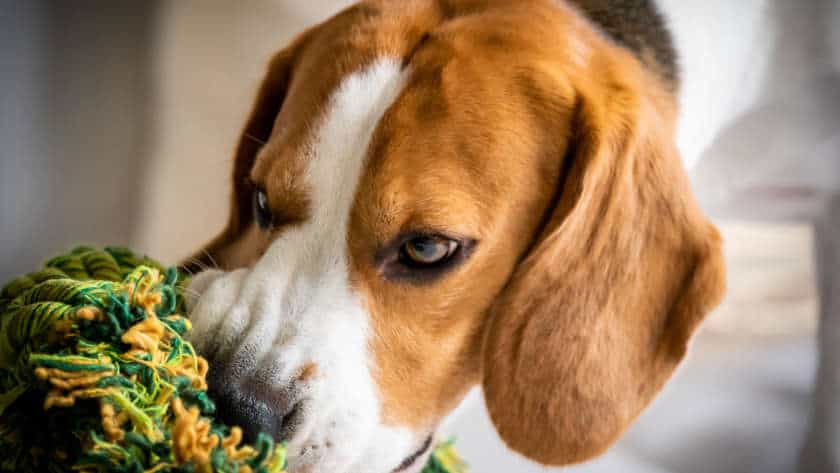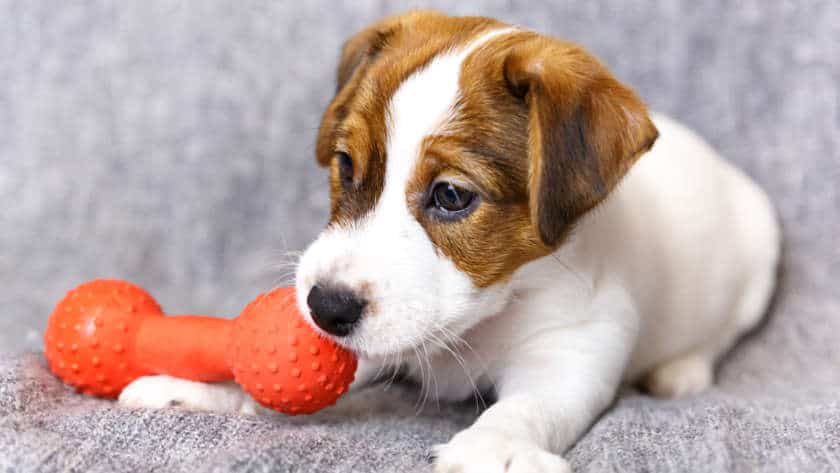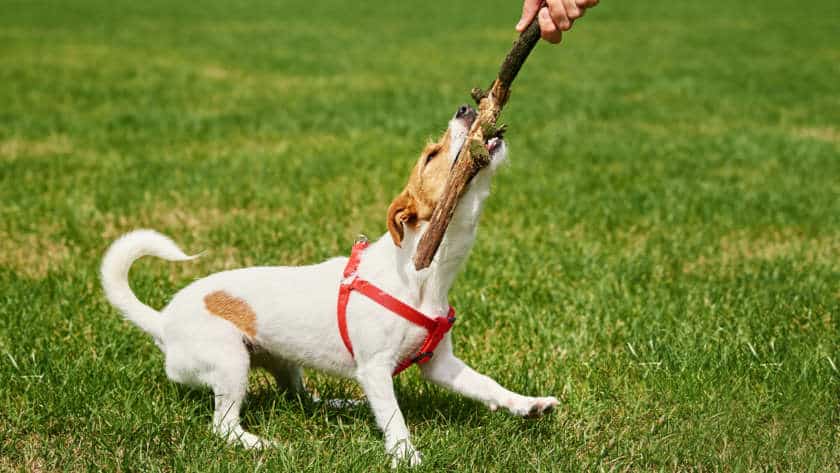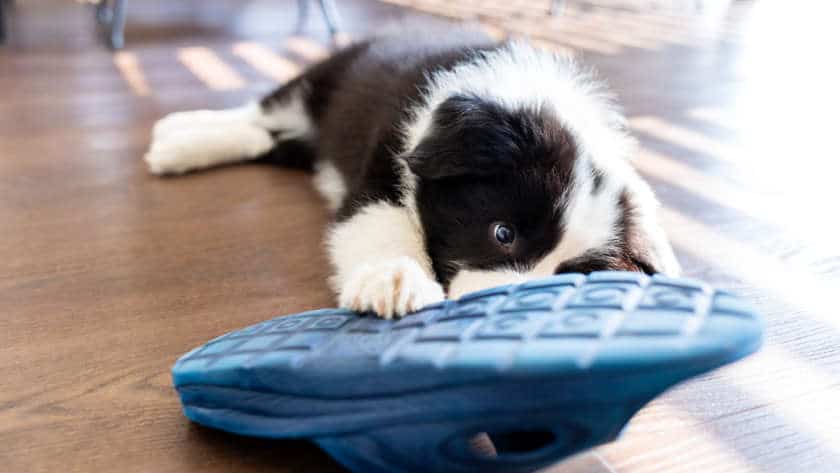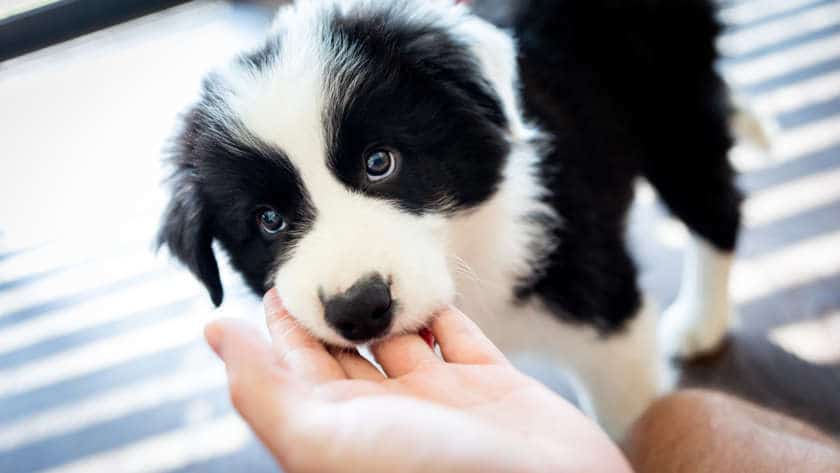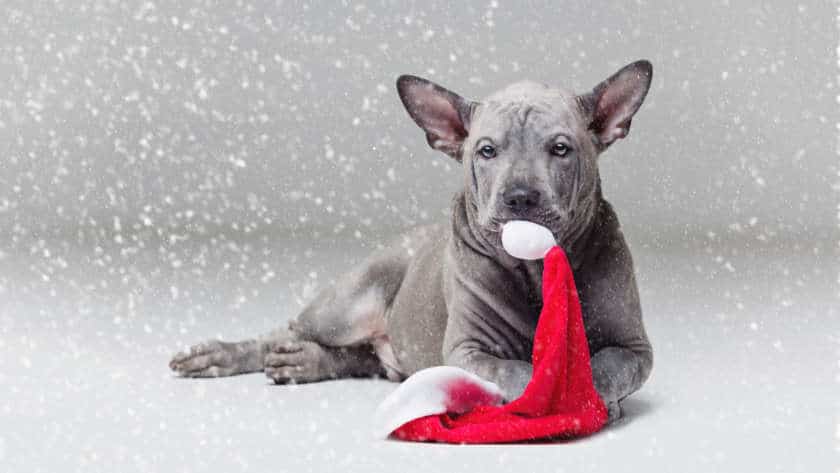How to Prevent Regression in Puppy Biting Training Puppy biting is a normal behavior that needs proper training. But, puppies may not always keep their training and start biting. To stop regression in puppy biting training, here are some tips:
Be consistent with rules and training techniques, so the pup doesn't get mixed-up.
Reward good…
